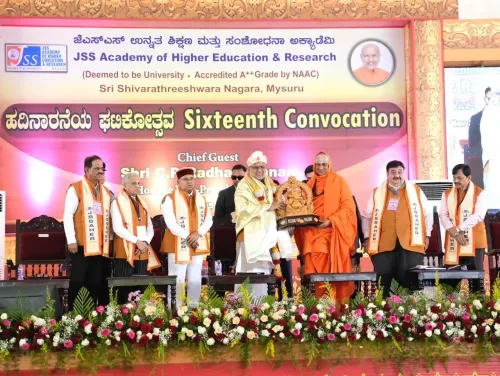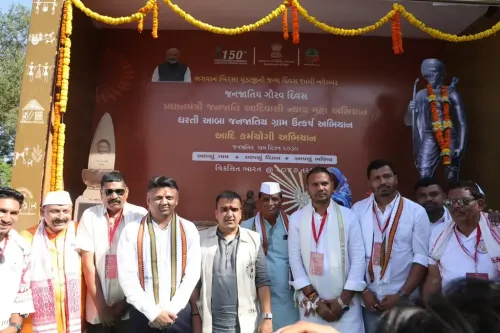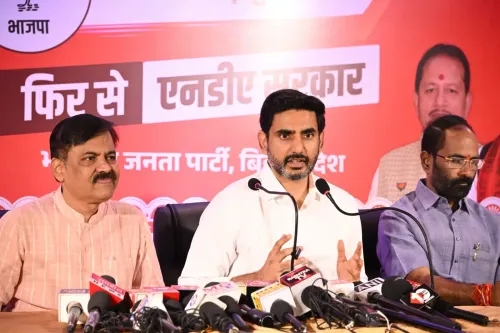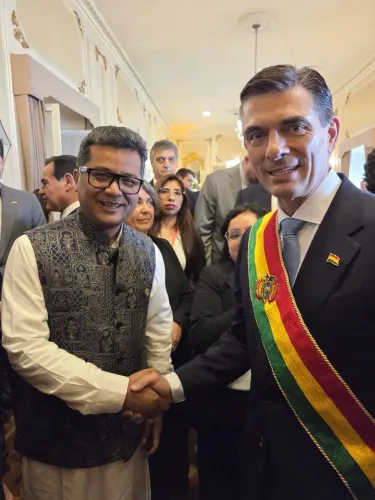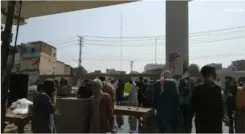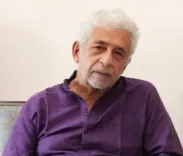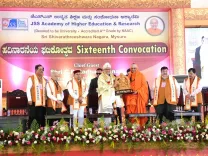Supreme Court Petition Challenges Tripura's DGP Appointment Delay
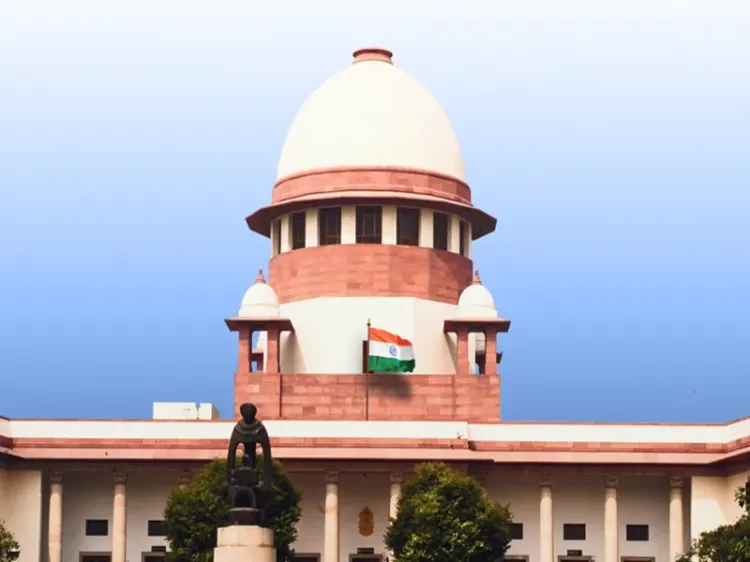
Synopsis
Key Takeaways
- Tripura's government has not appointed a permanent DGP.
- Supreme Court directives from the Prakash Singh case are being ignored.
- Security issues in Tripura are worsening due to border tensions.
- The DGP plays a crucial role in maintaining law and order.
- Compliance with the UPSC appointment process is necessary.
New Delhi, March 31 (NationPress) A petition has been submitted to the Supreme Court regarding the state of Tripura's inaction in appointing a permanent Director General of Police (DGP) and complying with the apex court's directives concerning the engagement of the Union Public Services Commission (UPSC) for the police chief's appointment.
Highlighting the critical security issues of a border state, the petition asserts that the Tripura government is obligated to ensure the appointment of a permanent DGP as mandated by the Supreme Court's ruling in the Prakash Singh case.
In 2006, the Supreme Court ruled that the DGP of a state should be chosen from among the top three senior officers of the department who have been approved for promotion to that position by the UPSC.
This selection is to be based on the officers' length of service, exemplary record, and experience necessary for leading the police force, with the selected individual guaranteed a minimum tenure of at least two years, irrespective of their retirement date.
Moreover, all states were instructed to forward their proposals to the UPSC in a timely manner, which was then tasked with creating a panel. The state is obliged to appoint from this panel based on merit and seniority.
The petition noted, "The Director General of Police carries immense responsibility and is vital in maintaining law and order within the state, ensuring public safety. Typically, the state government appoints the DGP, who collaborates closely with other law enforcement agencies and government officials to uphold the rule of law."
It further mentioned that due to political unrest in Bangladesh and violence against the Hindu minority in recent months, the bordering areas of Tripura are experiencing significant law and order challenges. This includes increased infiltration and smuggling activities, which fall under the jurisdiction of the Border Security Force (BSF), causing serious concerns for the residents of Tripura, which shares a long border with Bangladesh.
Despite the clear directives from the Supreme Court, the Tripura state government has yet to take any action in this regard, as stated in the petition.
"In a border state with a lengthy border with Bangladesh, facing threats not only from infiltrators but also from law and order issues stemming from illegal activities such as smuggling, drug trafficking, and the safety of women and children—local police are crucial. It is essential to guarantee the independence of police authorities, achievable only by implementing the directives set by the Supreme Court in the Prakash Singh judgment (as amended by the order dated July 03, 2018) to ensure justice is served," remarked the petition filed by advocate Anshuman Singh.
The plea, scheduled to be heard by a bench led by CJI Sanjiv Khanna on Tuesday (April 1), requests the Tripura government to take meaningful steps to comply with the Supreme Court's rulings regarding the DGP's appointment.

